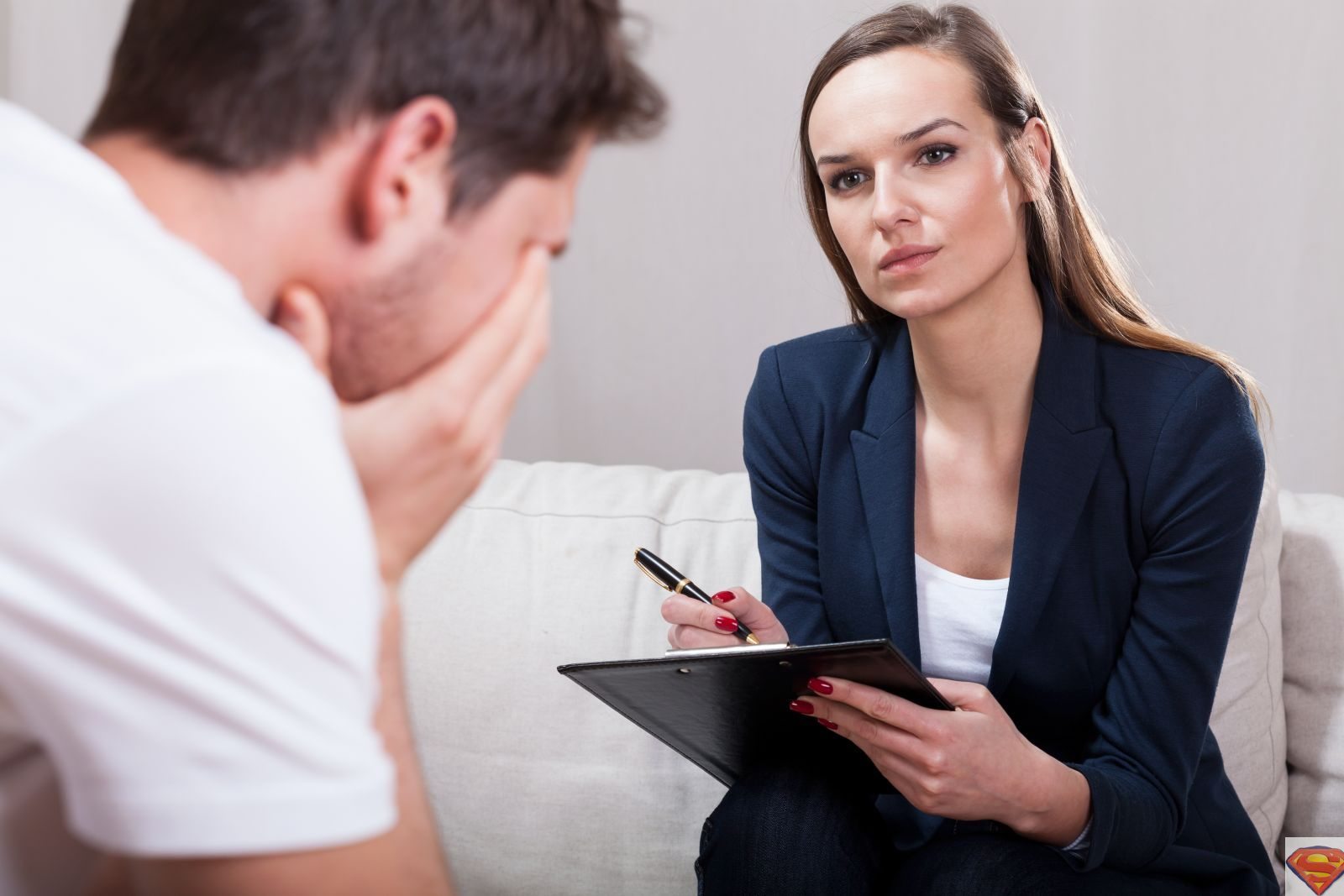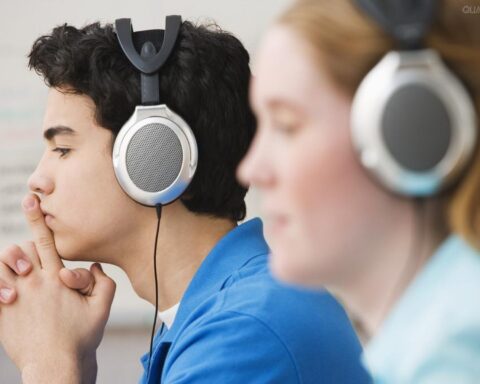Normally, we have three brains (human, reptilian and mammalian). When these brains are aligned and aimed at a specific goal or reality, we feel more overpowered. Here is the sad part, when the new reality hits or we adopt new goals, the three brains try as much as possible to stay aligned. However, they cannot stand the new reality or goals for long, meaning they are more likely to be misaligned. Most of us experience difficulty accepting that our three brains will be misaligned, explaining why we hate being wrong.
Can Being Wrong or Simply the Fear of Being Wrong Make It Harder for Our Brains To “Absorb” Information?
Being wrong or having a fear of being wrong makes our brains absorb information at a reasonable pace, taking into account our psychological well-being. This means we may process what is happening at the moment weeks or days later.
How Do Our Biases Make It Harder for Us to Admit That We’re Wrong?
Our biases push us into looking for evidence that confirms to people our beliefs, thoughts, opinions, or attitudes are true. From a psychologist’s point of view, this is a defense mechanism that delays the new reality from sinking in and misaligning our three brains.
Why Do Some People Reject Factual Information If It’s Not in Line with Their World View?
We have cultural cognition, a phenomenon that shapes our personal beliefs about political science, sociology, communication, psychology, and anthropology. If information from these sectors threatens our personal beliefs, we tend to disagree with it sharply and persistently despite expert scientists agreeing.
Can Positive Reinforcement on social media (Likes/Views) Further Entrench People in Their Views, Whether or Not Those Views Are Factually, Correct?
In my opinion, positive reinforcement on social media(likes/views) can further entrench people in their views. The combination of confirmation bias and social media support can make a person think the other party willfully ignores the factually correct views, making them develop a stronger belief, attitude, opinion, or thought.
Are We Predisposed to Agree with People We View to Be on Our “Team” And to Reject Information from Those on the “Other Side”?
Through confirmation bias, we are more likely to agree with experts we view on our “team” and find reasons to reject factual information from those on the other “side”.
Is There A Way We Can Get Better At Accepting New Information, Changing Our Minds, And Being Wrong?
Yes, admitting that we can be wrong sometimes.
- WHY CAN DRINKING ALCOHOL TRIGGER ANXIETY? - January 7, 2023
- WHAT IS ORGASMIC MEDITATION? BENEFITS + HOW TO - January 7, 2023
- THE BEST WAYS TO PREVENT WEIGHT GAIN THIS WINTER - January 6, 2023






